Political timidity, stagnation killing our future
Josh Frydenberg says Anthony Albanese poses a “significant threat to Australia’s economic future”. The Treasurer is telling half the story. He left out Scott Morrison.
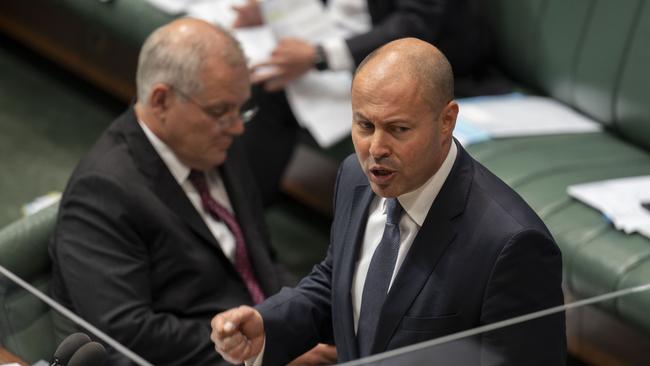
Josh Frydenberg says the Opposition Leader poses a “significant threat to Australia’s economic future”. The Treasurer is telling half the story. He left out Scott Morrison, the other hazard to our long-term prosperity.
With an election due by May, the major players have neither the political will nor imagination to look beyond the pandemic morass and crisis settings of free money. Here’s a tip, several in fact: no matter who wins the election, interest rates will rise this year, the cost of living will keep ticking up, unemployment will continue to slide as long as migration is on hold and Canberra’s budget will be in deficit over the term, and the next term, and the term after that.
Australia has dug deep into the pockets of our kids’ future to take on Covid-19, catching up with the play after errors. But it’s not preparing for the imminent challenges of technology, ageing, climate and geopolitics. On the economic front this maladroitness is revealed by our woeful productivity performance and stagnant wage growth, legacies of indolence by governments over two decades.
There’s noise in productivity growth measures, year to year, but the scoreboard shames a nation with our endowments. From 1993 to 2002, labour productivity grew at an annual 2.4 per cent; it halved over the next dozen years, and then halved again in the seven years to last year.
What’s the big deal, it’s still growing, right? As Treasury has pointed out, labour productivity has contributed more than 80 per cent of growth in real gross national income per person over the past 30 years. Right now, we aspire to a splurge at the Ritz on a caravan budget.
We’ve just had the slowest growth in living standards in 60 years, in both GDP per capita and income per person. Even excluding the impact of the first year of the pandemic, the previous nine years had been the worst in income growth since the late 1950s. The Productivity Commission estimates average incomes would have been $11,500 higher in 2020 had growth continued at its post-reform era trajectory.
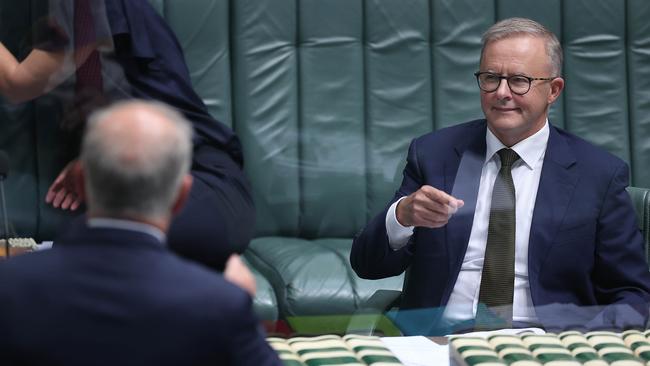
In June, the Intergenerational Report forecast the budget to be in deficit for the next four decades. Every “pet shop” economist said Treasury’s long-run productivity assumption, that it would return to its 30-year average of 1.5 per cent a year, is way too optimistic. Had we met productivity growth targets in Peter Costello’s first IGR two decades ago, the budget would be in balance instead of a deficit of around $100bn, with surpluses in the next three years (rather than an expected accumulated shortfall of $340bn over the four-year budget cycle).
In a talk in November, before the onset of Omicron, Reserve Bank assistant governor Luci Ellis considered the prospects for our living standards after the pandemic based on Australia’s economic dynamism, or “the drive to innovate, adapt and evolve”. In the decade before Covid-19, Ellis said, “there was a nagging sense that these engines of prosperity were running out of steam”.
“Investment was low; productivity growth was lagging; and many of the behaviours we associate with business dynamism were on the decline. These trends were evident across many advanced economies and spurred a debate about so-called ‘secular stagnation’.”
While productivity is not an easy concept to grasp, it gets used by politicians to justify junk policy, from flat-out handouts to infrastructure boondoggles. Fill the sound cloud with “productivity” in a speech, then move on. For workers, the term is a trigger word for cost-cutting and toiling harder for less.
But like “ego” in the ’70s, productivity is not a dirty word. Growing it means getting more out of our precious labour and capital, by combining them in smarter ways. You want our resources to go where they will be of best use, so the trick is to smooth the adjustments and remove the distortions, due to the tax system or red tape.
The PC’s three policy principles to lifting productivity are via incentives to get companies to perform well; improving a firm’s flexibility to respond to market signals, and; raising capabilities like brainpower and health, infrastructure, and government services.
Get those priorities mostly right and the pay-off is being able to sustain higher rates of GDP growth without crashing the whole show. On Wednesday, Treasury Secretary Steven Kennedy explained in a Senate hearing how strong productivity growth is vital for our long-term prosperity.
As we approach the boundaries of an ultra-low jobless rate not seen since the ’70s, Kennedy said if we can achieve productivity growth of 1.5 per cent, then nominal wages can grow at 4 per cent and put no pressure on inflation. If productivity is only 0.5 per cent, then wages can only grow at 3 per cent before they begin to put pressure on inflation.
In testimony to parliament last week, Reserve Bank governor Philip Lowe said: “If we can generate positive productivity growth, then people will enjoy rising real wages, and we will have positive real returns to savers, which is something that we should aspire to.”
Lowe was also asked about the best path for fiscal policy. Although it’s not his responsibility, he said it was perfectly sensible that governments provided extraordinary support to households and businesses during the pandemic. Conceptually, there were now two “very big-picture choices” to deal with government debt. First, to run tighter budgets by spending less and taxing more. Second, which Lowe preferred, have the economy grow quickly so the debt-to-income ratio comes down.
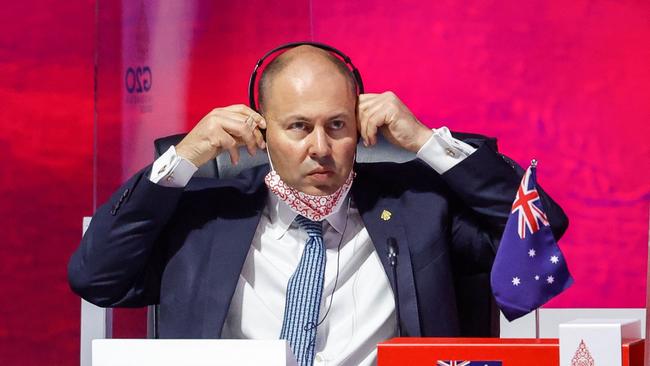
“This is where the productivity agenda that the government has, and other people have commented on, is really important and even more important than it was before,” Lowe said. “Having borrowed against future income, it’s even more important that future income is strong.”
That productivity agenda, as Lowe has said many times, is to support businesses to expand, invest, innovate and employ people. There’s little difference in the rhetorical approaches of the Coalition and Labor, with both claiming their taxing and spending will enhance business investment, infrastructure and skills.
But this cautious orthodoxy, and it’s mostly talk rather than action, merely preserves the status quo. International bodies, including the OECD and International Monetary Fund, have said this timidity won’t cut it. Year in, year out, the experts have urged governments to act: by taxing consumption rather than income, improving land use planning, and using market solutions to mitigate climate change.
In 2017, the PC laid out a big agenda in its Shifting the Dial report, ignored and unloved by federal and state politicians (with one or two exceptions) in an era when dumb and populist things have been done amid the zeal of vote-buying. With the game clock expired, the Treasurer has asked the PC for another review. Tick, and flick.
It will take a transformation to confront economic and demographic megatrends and to help our companies stay in touch with the competition at the frontiers of innovation. One of the best thinkers in this area is Dan Andrews, who made his mark at the OECD, Treasury and RBA and is now program director of the e61 policy supergroup.
In the early ’80s, large distortions prevailed here so structural reforms could be guided by textbook economics. Forty years on, Andrews says “we are in a totally different place and now require a nuanced understanding of why economic dynamism has declined to guide structural policy”.
“This can only be done through detailed empirical efforts to understand the barriers to growth at the firm level, as opposed to axiomatically true albeit superficial contributions – like ‘we need more business investment and skilled workers’ – that largely characterise the current productivity debate in Australia,” he told Inquirer.
Andrews says we need to continue to open up microdata access to understand our growth problem. Andrews has co-written a new Treasury working paper, Reaching for the Stars: Australian Firms and the Global Productivity Frontier. It highlights the deficiencies of our businesses, especially in the services sector.
“Australian firms have been slower to adopt cutting-edge technology and processes, and to improve their productivity performances more generally,” the authors write. “This suggests that policies to address barriers to business dynamism and competitive pressures can improve Australia’s productivity performance, by increasing incentives for firms to adopt, innovate and improve.”
Andrews says to spark vitality and dynamism, we needed to update competition policy for the digital age, reduce entry barriers for new businesses, stop supporting “zombie” and lagging firms with taxpayers’ funds, and remove mobility-sapping distortions related to occupational licensing and housing taxation.
As we emerge from the pandemic, the RBA’s Ellis, an optimist like her boss, is calling on local companies to ditch a zero-risk and scarcity mentality – and have a crack. “Strong growth and a tight economy could produce a virtuous cycle of more business dynamism, more investment, higher productivity and higher wages,” Ellis said in November. “Rather than the supposed ‘creative destruction’ of a downturn, what is needed is the creative ignition spurred by a strong economy.”
RBA officials have a vested interest. Our woeful productivity gives central bankers far less room to move, and according to Andrews has resulted in a much lower interest rate (with all its attendant consequences for asset prices) than would otherwise be the case.
Until we address this malaise, and its root causes – the failure of our businesses to innovate, adapt and evolve – we won’t have the standards of living we see as our birthright. Or adjust, without immense pain, to the world as it is. That’s the clear and present danger of idle leadership and not telling the community what’s wrong and why it must be fixed.
Australia, whether it shifts slightly left or right at the coming poll, must do better. Otherwise, we’ll struggle to pay creditors, let alone sustain the platinum-class of service we expect in health, aged care and disability, national defence, education and anything else that constitutes our misplaced exceptionalism.


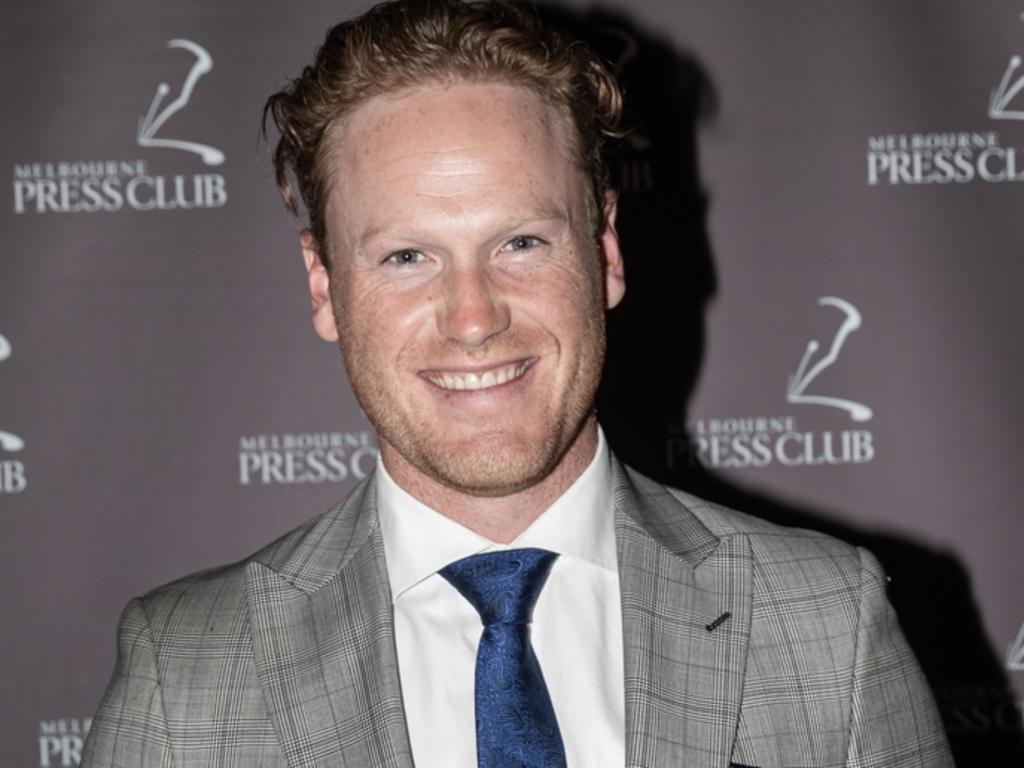
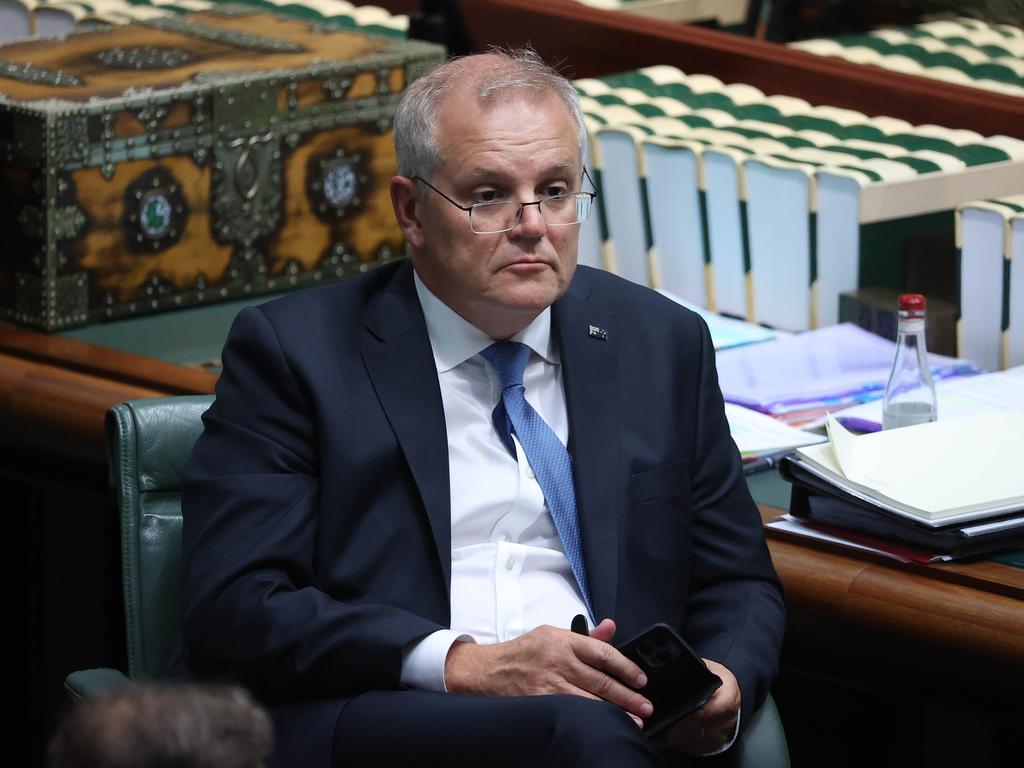
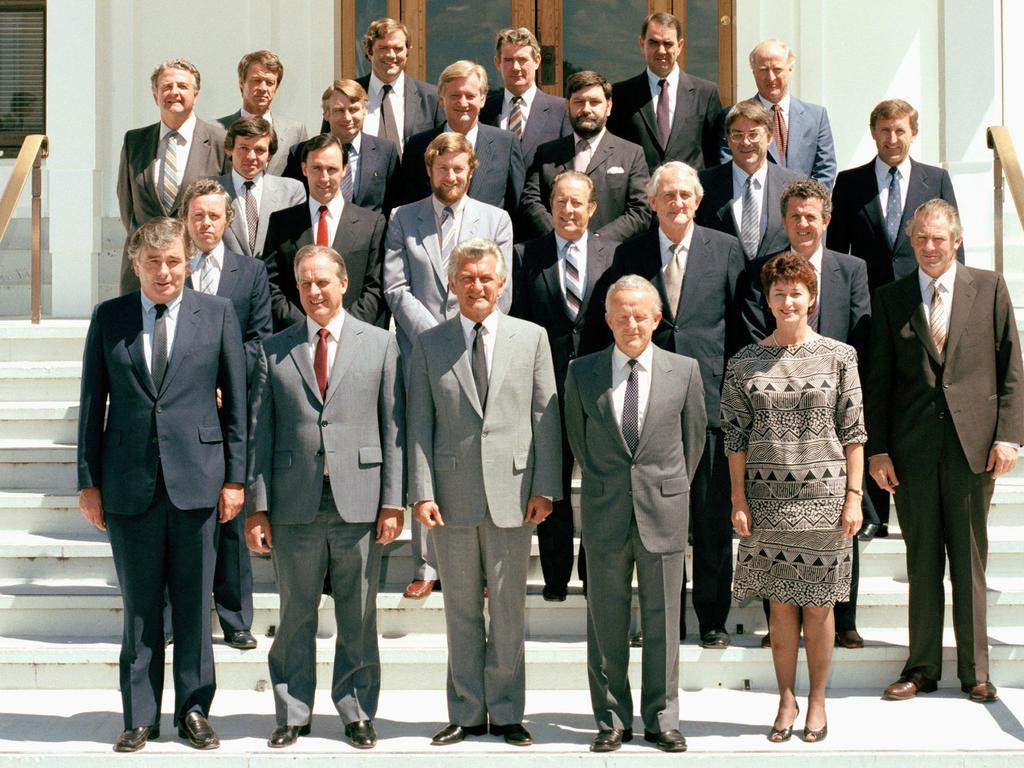


The Morrison government is at DEFCON 3 for the federal election, slightly above its usual poll readiness. The Coalition is zeroing in on Anthony Albanese’s political DNA and whacking him with roundhouse blows. Bolshevik. Economic L-plater. CCP-certified.